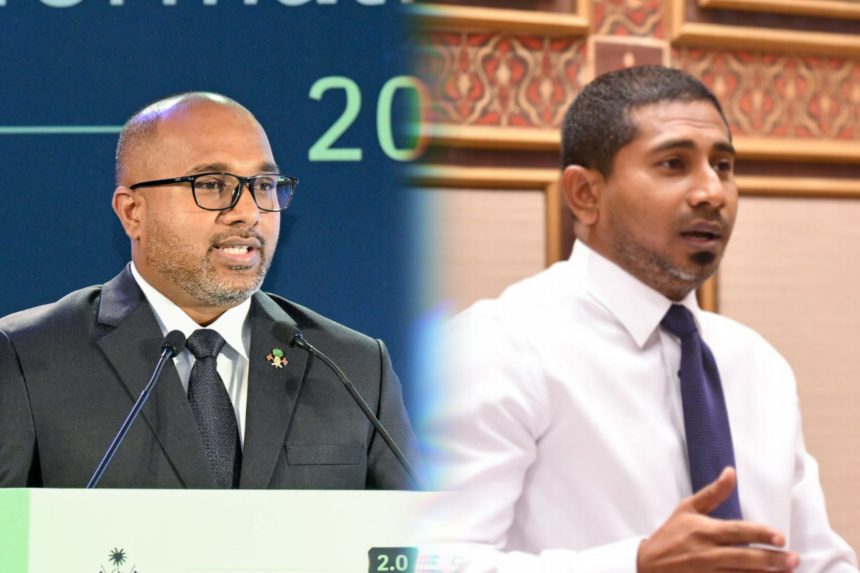In a recent exchange on social media, Maldives’ Homeland Security and Technology Minister, Ali Ihusaan, addressed concerns raised by former Youth Minister Ahmed Mahloof regarding the “Maldives 2.0” digital initiative. Mahloof, affiliated with the opposition Maldivian Democratic Party (MDP), expressed apprehensions that the project could pave the way for electronic voting, potentially compromising electoral integrity.
Minister Ihusaan, who accompanied President Mohamed Muizzu on a visit to Estonia—a nation renowned for its advanced digital governance—clarified that while the Maldives seeks to emulate Estonia’s digital services, e-voting is not part of the current agenda. He emphasized that the primary objectives of “Maldives 2.0” are to eliminate corruption, reduce governmental costs, expedite services, and enhance citizen convenience.
“Some matters require setting aside political disagreements for the sake of the nation. This is one such matter,” Ihusaan stated, urging unity in the face of technological advancement.
The “Maldives 2.0” initiative aims to digitize state institutions, drawing inspiration from Estonia’s successful e-governance model. Estonia’s digital infrastructure includes services like e-Health, e-Education, and e-Taxation, which have streamlined administrative processes and improved public service delivery.
While Mahloof’s concerns highlight the importance of safeguarding electoral processes, Minister Ihusaan’s response underscores the government’s commitment to modernizing public services without compromising democratic principles. As the Maldives embarks on this digital transformation, the balance between innovation and electoral integrity remains a focal point of national discourse.




